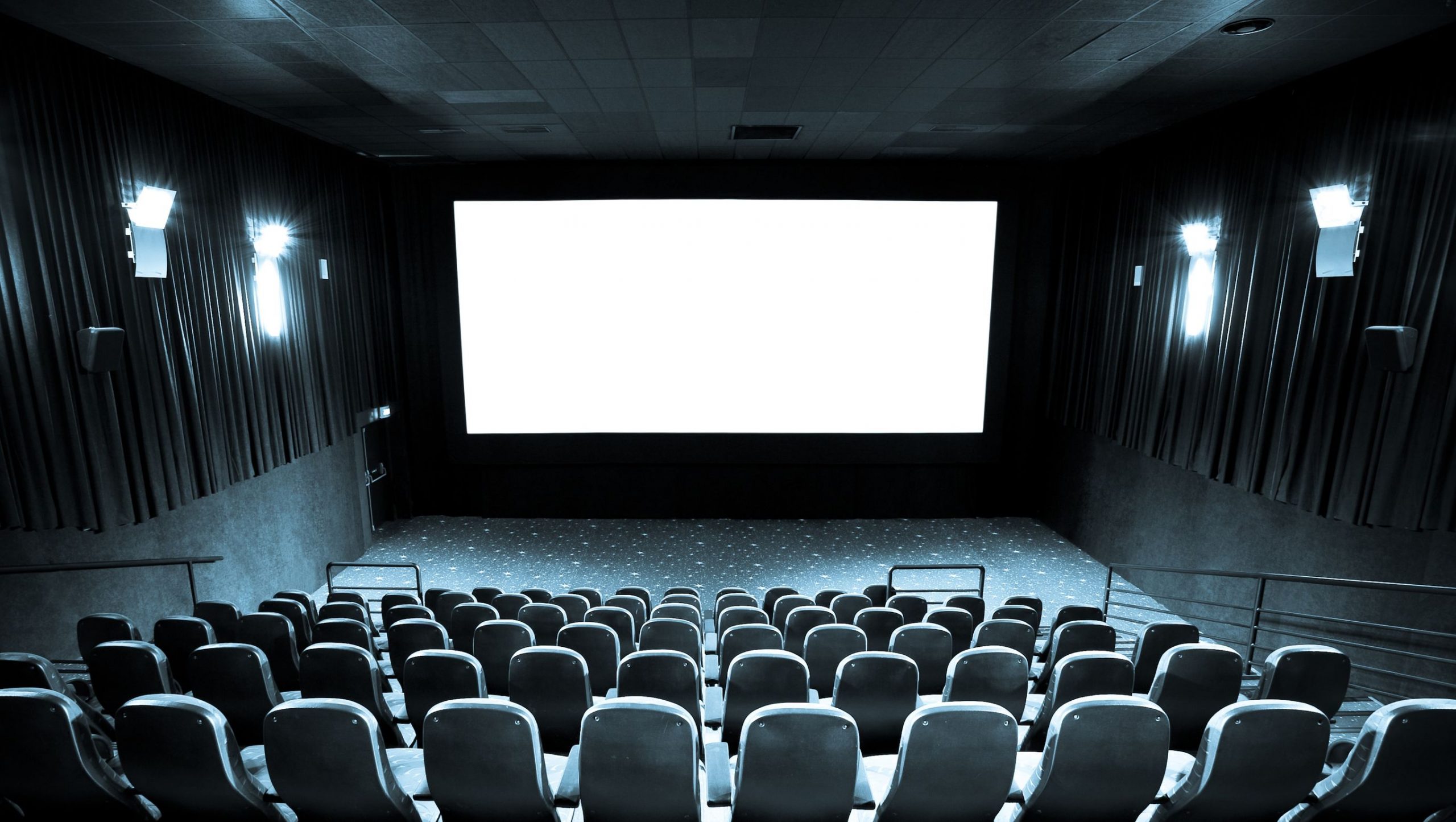It feels like the end of days. Glastonbury and Eurovision have both been cancelled, and theatres, cinemas and galleries are closing their doors to the public for the foreseeable future. Arts events predicated on the very idea of a mass public gathering, like festivals and concerts, are scheduled no longer to take place. Cultural enrichment, for the time being, has had to be confined to the virtual.
We take continual access to these cultural landmarks for granted, not truly feeling their value until they have been plucked, in one fell swoop, from our (freshly washed) hands. But how will this affect our relationship with the Arts that can usually be found humming gently beneath the hubbub of everyday life? Will they be greeted with open arms on their return, or will the return be gradual, as we settle into our new normal?
The virus continues to cause havoc across all areas of the arts; music, film, fashion, and theatre have all succumbed to the tyrannical new reign of COVID-19. But coronavirus is by no means the first instance of the Arts having to be sacrificed for global public health. Towards the end of the sixteenth century, theatres in London were closed in an effort to halt, or at least curb, the spread of the plague. These new restrictions forced players to abandon theatres altogether, or return to itinerant acting–setting out on the road and stopping to perform in towns. Shakespeare appeared in print for the first time in his career, when his poem Venus and Adonis was published. He also took this royally-enforced lull as an opportunity to compose The Rape of Lucrece, another seminal poem in his oeuvre.
So we have a historical precedent for this kind of thing. Unsurprisingly, though, in a world with such an effusive culture of entertainment, and perpetual distraction, the pandemic has sent culture as we know it almost entirely into meltdown. Patti Lupone, lamenting its closure, called Broadway in New York ‘the heartbeat of the city’, a sentiment that rings true across the broad spectrum of the cultural casualties. Cultural events in our collective social calendar provide landmarks upon which we pin plans, excitement, expectation. It’s only when these events are cancelled, and we’re thrown into a working-from-home, what’s-stopping-me-staying-in-pyjamas-all-day sort of abyss, that we yearn for that sense of looking ahead to something on the horizon.
The sense of uncertainty that lingers around the virus is, for many, one of the hardest aspects to endure. For these cultural milestones, at least, it has forced them to close ‘indefinitely’, without prospect of an end date. Martin McDonagh’s Hangmen on Broadway has suffered from this interminability, lacking the economic resources to commit to an unspecified closure period. Hangmen will not return after we find our way back to the theatres, and who knows what else we might have lost? Aside from the terrifying effects on public safety, coronavirus is set to have an unparalleled impact on the economy. Arts and culture, sectors which have already faced significant funding cuts, may have to adapt to a new normal if we are to welcome them back to our stages, screens, and books. In a period of such ambiguity, we can only hope that Glastonbury will be able to celebrate its 50th anniversary next year, in the fullest glory, and that arts and culture will wait, shining, at the end of the tunnel.



